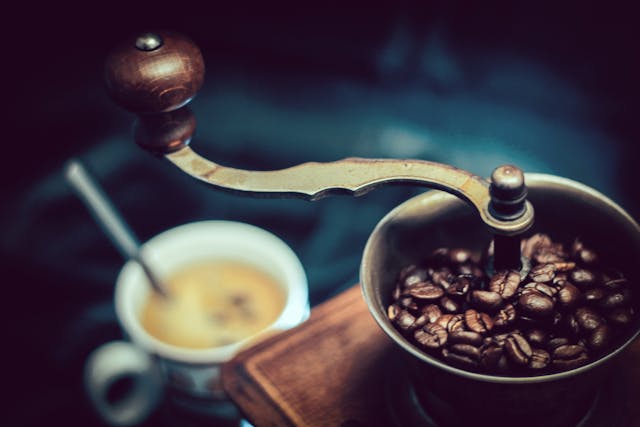The question, “Does coffee expire?”, is a common one, and the simple answer is no—not in the way that milk or meat does. Coffee won’t spoil and become unsafe to consume after a certain date. However, its quality, flavor, and aroma will degrade significantly over time. The concept of “expiration” for coffee is more about freshness than safety.
Understanding the Factors That Affect Coffee Freshness
Coffee’s rich flavor comes from volatile compounds and oils that are highly susceptible to environmental factors. The primary enemies of coffee freshness are:
- Oxygen: This is the biggest threat. Exposure to oxygen causes the oils and compounds in coffee to oxidize, leading to a stale, flat, and often bitter taste.
- Moisture: Water can ruin coffee by causing it to clump and encouraging mold growth, though this is less common with properly stored, dry coffee.
- Heat: High temperatures can accelerate the oxidation process, causing the oils to go rancid more quickly.
- Light: UV rays from sunlight can also break down the flavor compounds in coffee.
The Shelf Life of Different Types of Coffee
The rate at which coffee loses its freshness depends on its form.
Whole Bean Coffee
Whole bean coffee has the longest shelf life. The beans act as their own protective barrier, keeping the volatile compounds locked inside. Once a bag is opened, the beans will begin to lose freshness. For optimal flavor, it’s best to consume whole beans within two to four weeks after opening. An unopened, vacuum-sealed bag can last for several months, but the flavor will still gradually fade.
Ground Coffee
Ground coffee goes stale much faster than whole beans. Grinding the coffee massively increases its surface area, exposing a much larger portion of the coffee to oxygen. This is why a pre-ground bag of coffee can lose its vibrant flavor in just a few days after being opened. For the best taste, you should consume ground coffee within one to two weeks of opening the package.
Instant Coffee
Instant coffee is the most processed form and is very stable. Because it is dried, it has a much longer shelf life. An unopened jar can last for years, but once opened, it can last for several months. However, it is still susceptible to moisture, so keeping it in an airtight container is crucial.
How to Tell if Your Coffee Is Too Old
If you’re unsure if your coffee is still good, you can use these simple tests:
- The Smell Test: Fresh coffee has a strong, pleasant aroma. If it smells like nothing or has a faint, flat scent, it’s likely too old.
- The Taste Test: Stale coffee will taste bland, flat, or even cardboard-like. It won’t have the rich, complex flavors you expect.
How to Store Coffee for Maximum Freshness
To prevent your coffee from going stale, proper storage is key:
- Airtight Container: Always store coffee in an airtight container to protect it from air, moisture, and light. A ceramic canister or an opaque, sealed bag with a one-way valve is ideal.
- Cool, Dark Place: Keep the container in a cool, dark pantry or cupboard, away from heat sources like ovens and sunlight.
- Do Not Refrigerate or Freeze: Storing coffee in the fridge can expose it to moisture and odors from other foods, and freezing can damage the beans’ cellular structure, affecting flavor.
So, while you might not have to worry about a “bad” cup of coffee in the traditional sense, understanding does coffee expire from a quality perspective is the key to enjoying the best-tasting brew possible. The fresher the better!

